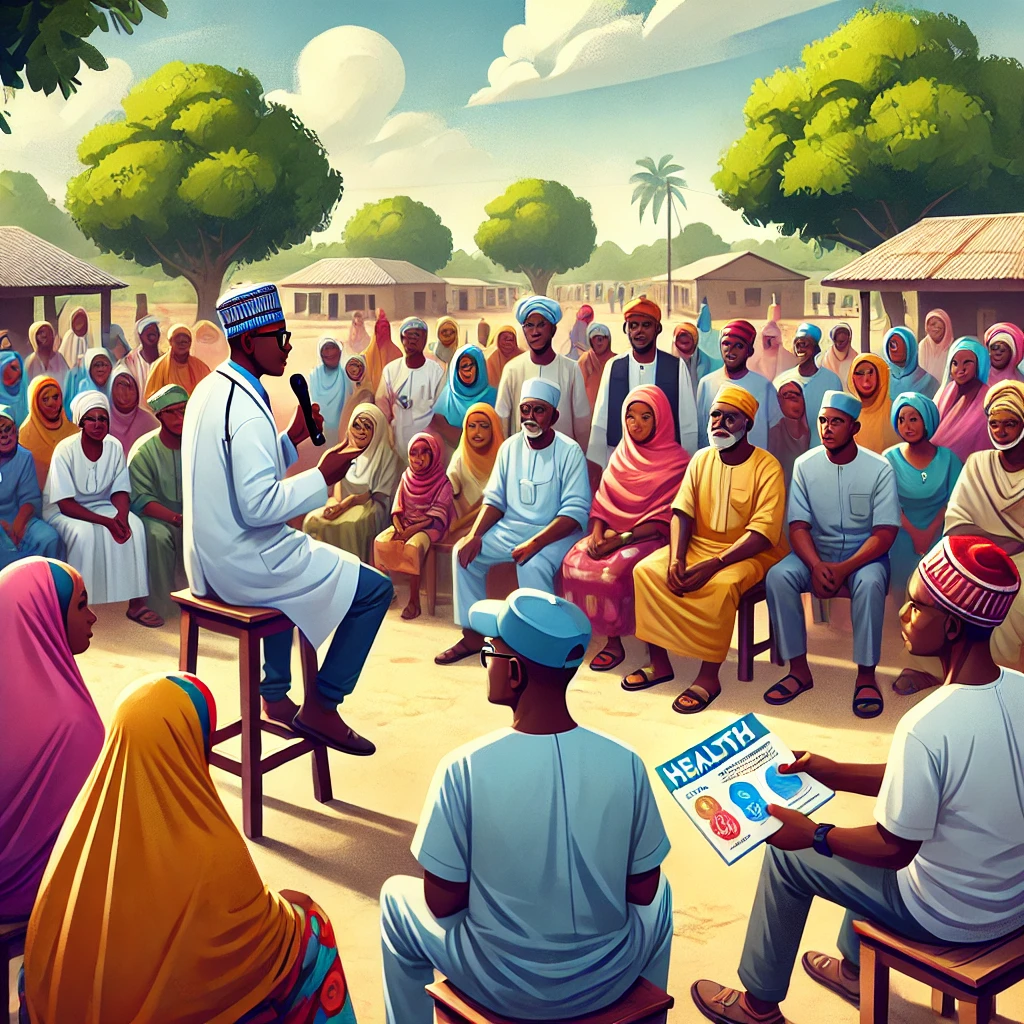Common diseases present a massive burden to Nigeria because of our large population. For instance, a quarter of all malaria cases worldwide come from Nigeria, and 1 in 3 Nigerian adults has hypertension.
Many times, these conditions are not severe. But often enough, they cause catastrophic complications that wreak havoc on individuals and communities. Infectious diseases can spread to others, while prolonged illness can impoverish households. Some diseases, like HIV/AIDS, promote stigma and discord.
Hence, communities need to be empowered to prevent these common diseases by working together. This reduces the financial and social costs of disease.
Understanding Common Diseases
These may be classified as communicable (infectious) and non-communicable diseases. Communicable diseases spread from person to person and require personal hygiene and environmental sanitation for prevention. Non-communicable diseases result from factors like diet, smoking, and body weight. I will give some examples of the more common diseases in our country from both classes of disease I described earlier. This list, of course, is not exhaustive.
Infectious Diseases:
Malaria: Caused by the Plasmodium parasite, transmitted by mosquitoes.
Diarrhoea: Results from contaminated food or water.
Pneumonia: A lung infection worsened by poor ventilation, malnutrition, and lack of vaccination.
Non-communicable Diseases:
Hypertension: Persistently high blood pressure, influenced by genetics and lifestyle.
Diabetes: Marked by high blood sugar, linked to diet and weight.
Obesity: Defined by a BMI over 30 and now recognized as a disease. Check your BMI here.
Cancer: Uncontrolled tissue growth, often difficult to treat.
Osteoarthritis: Joint degeneration causing pain, especially in older adults.

Community Empowerment Strategies
Health Education: Ignorance is not bliss—it is doom. Healthy communities are aware communities. Leaders and health workers should set up campaigns on common diseases and their prevention.
Improving Hygiene: Ban open defecation and enforce penalties. Every household should have toilets, public facilities should be provided, and bushes cleared. Communities need clean drinking water and soap for proper handwashing.
Access to Healthcare: Advocate for regular checkups, vaccinations, and accessible healthcare facilities.
Leaders should prioritize building healthcare centers and equipping them with trained staff. Community members should organize health clubs to share resources and knowledge. Partnerships with NGOs and government programs can boost these efforts.
Conclusion
Working together as communities to prevent diseases is crucial to reducing the financial, social, and health burdens on Nigerian society. With education, hygiene, and access to care, we can empower communities to live healthier, more productive lives.
Read about the top 10 nutritional needs for your growing child here!









